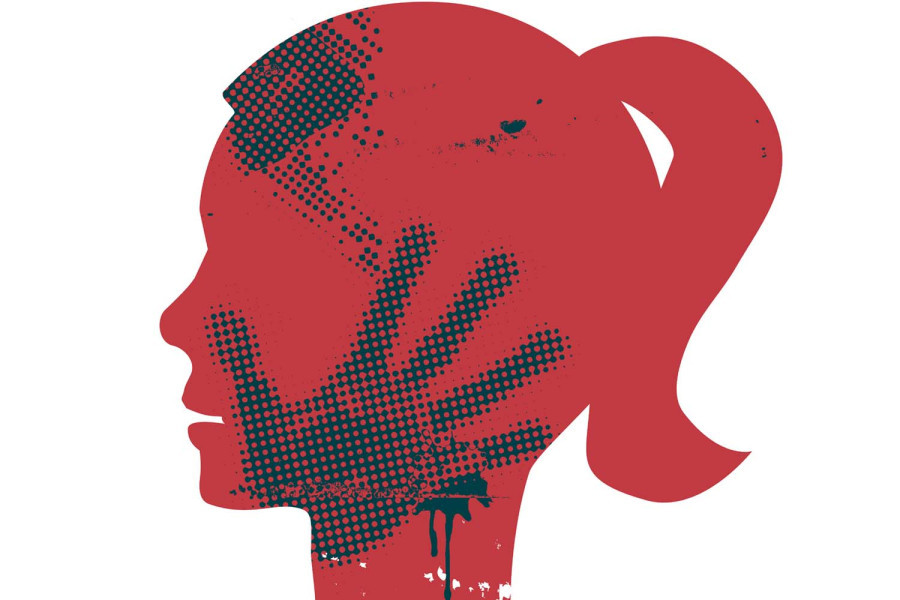Editorial
Falling short
Even as women continue to suffer from violence, justice remains elusive.
A woman in Nepal often lives under the persistent shadow of gender-based violence. ‘Home is the most dangerous place for women’ states the UN report “Femicides in 2023”—a reality Nepali women have long faced. However, as more Nepali women are carving out spaces in society, gender-based violence has extended beyond homes. The Nepal Demographic Health Survey 2022 reveals that one in three Nepali women aged 15-49 has experienced some form of violence. This is alarming for a group representing 51.1 percent of Nepal’s population. Moreover, according to the Nepal Human Rights Year Book, published in 2024 by the Informal Sector Service Centre (INSEC), there were 5,903 victims of women’s rights abuses. While women continue to suffer, justice remains elusive, hindered by the state’s persistent failure to provide adequate support.
Take, for example, the case of the National Women’s Commission. Established in 2002, the commission was created to address cases of gender-based violence and ensure justice for victims. With the adoption of the constitution, it was later elevated to a constitutional body. Under Article 253 of the constitution, the commission can craft policies and programs for women’s rights, oversee the enforcement of related laws, and ensure Nepal fulfils its commitments under international treaties. However, even as a woman calls the commission’s helpline every 10 minutes, there is only so much the few operators can do. Only nine helpline operators manage two shifts in the absence of enough funding and resources.
In the current fiscal, the NWC’s helpline has received 1,720 calls. Among them, 571 were requests for information or to register new complaints, 1,136 were follow-up calls, and 13 were referred to other agencies. The helpline received 4,099 calls in the previous fiscal year, including 1,222 new complaints and inquiries and 2,877 follow-up calls. Even as the NWC has supported many survivors since its inception, its Kathmandu-based operation has limited its ability to provide timely assistance to victims all over Nepal, especially in emergencies. This puts marginalised women in rural areas at risk.
When dealing with sensitive issues like gender-based violence, it is crucial to ensure the security of not just the victims but also the support providers. However, the commission has been operating without a proper security force. There is also a severe lack of mental health support for both the victims and overburdened helpline staff. Further, the government’s disregard for women’s issues was reflected in the NWC’s formation. While the heads of other constitutional commissions, like the Election Commission, were appointed swiftly, the appointment of the NWC’s chair was delayed. When Sheikh Chand Tara’s tenure ended in November 2015, the commission was without a chair for three years. It was only in fiscal year 2020-21 that its chairperson and four members were appointed.
Proper funding and resource allocation in these bodies for women are an investment in the well-being of more than half of the population. With the Trump administration’s decision to cut funding for development programmes to safeguard women’s lives in developing nations, it is vital for the government to intensify its own support and bolster these organisations. To better serve local communities, authorities must support these commissions in expanding helpline services to the district level or linking them with municipal judicial committees. The helpline workers who are usually the first touch point of the victims also need more help, with a priority on their mental health and basic psychological training. A society that empowers women is one that supports their leadership and the institutions that work for them.




 11.12°C Kathmandu
11.12°C Kathmandu














